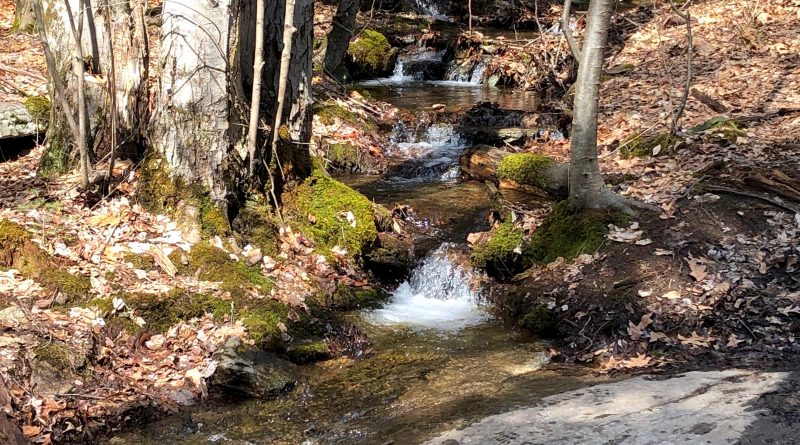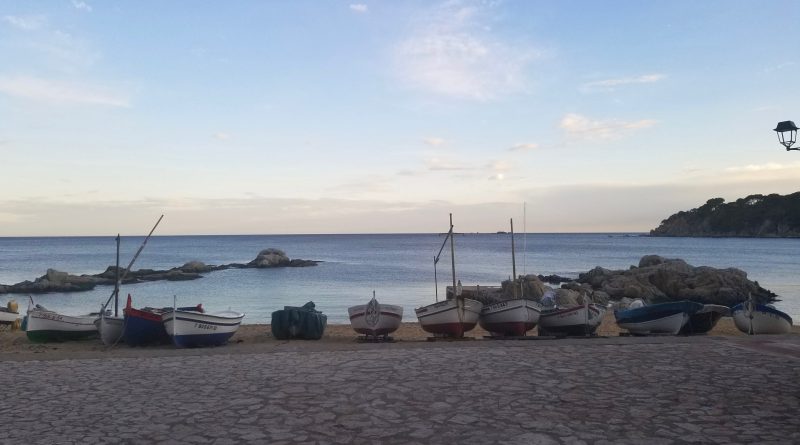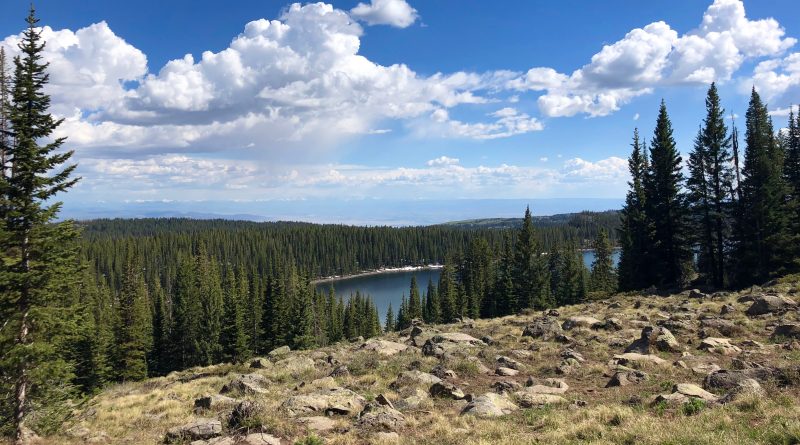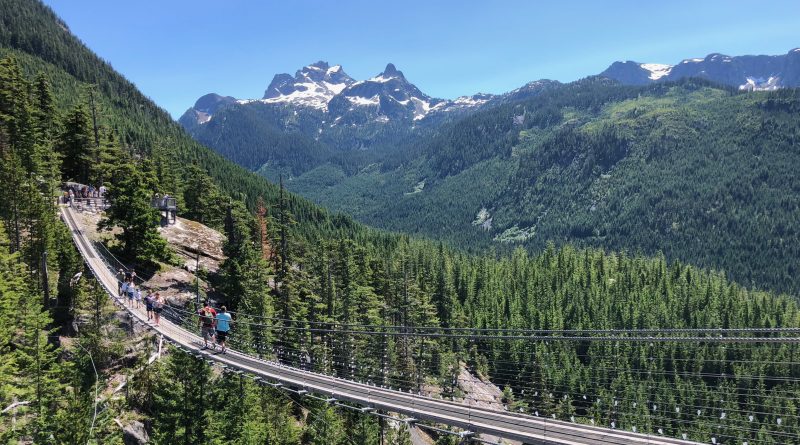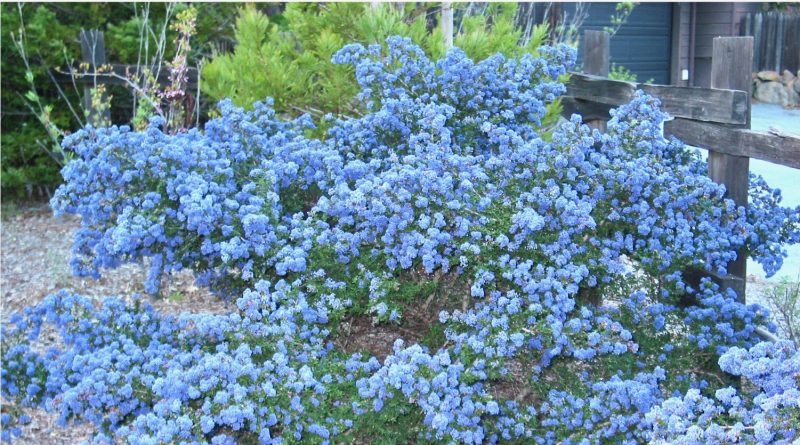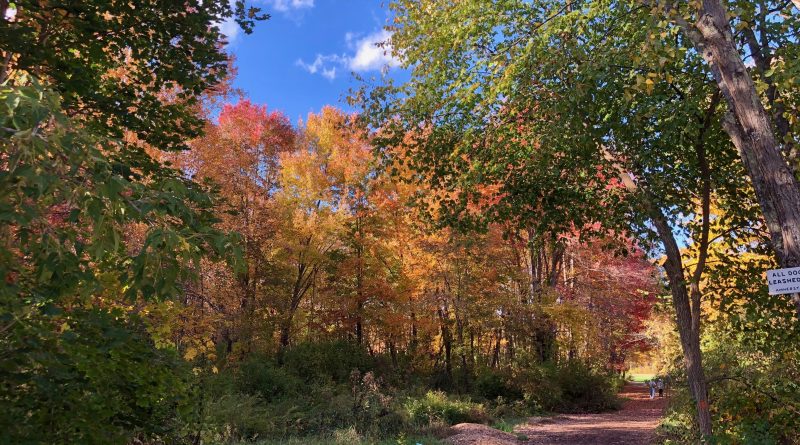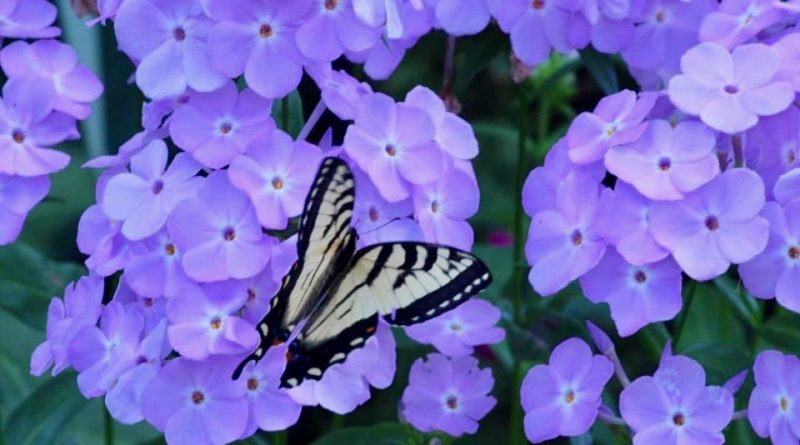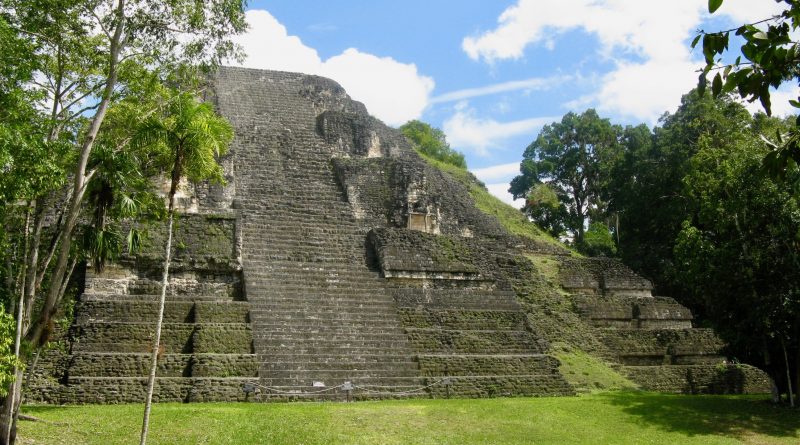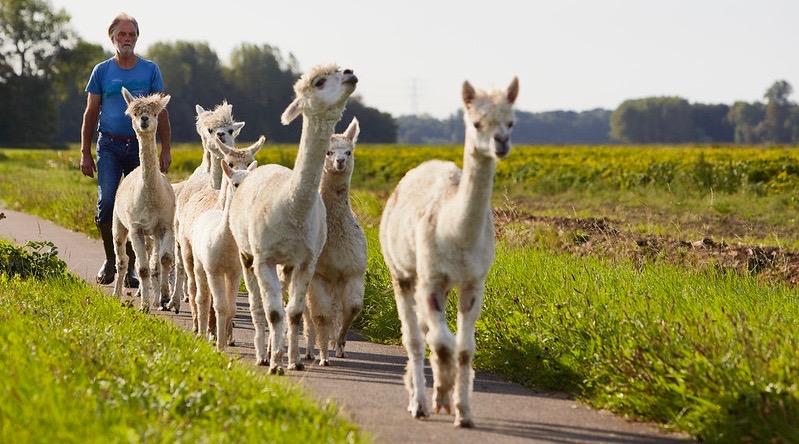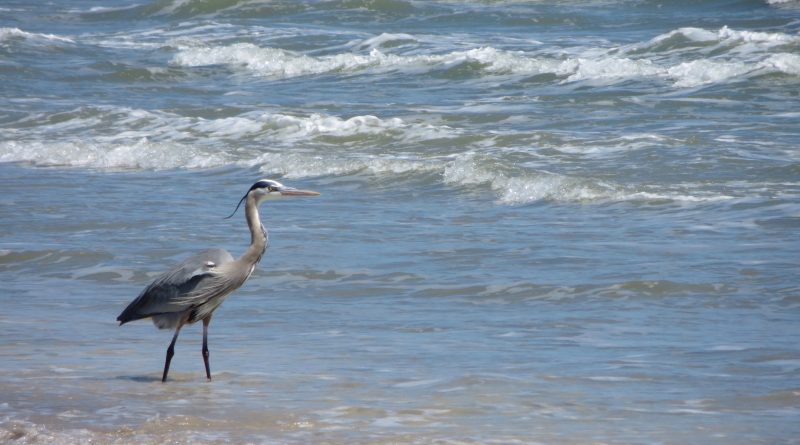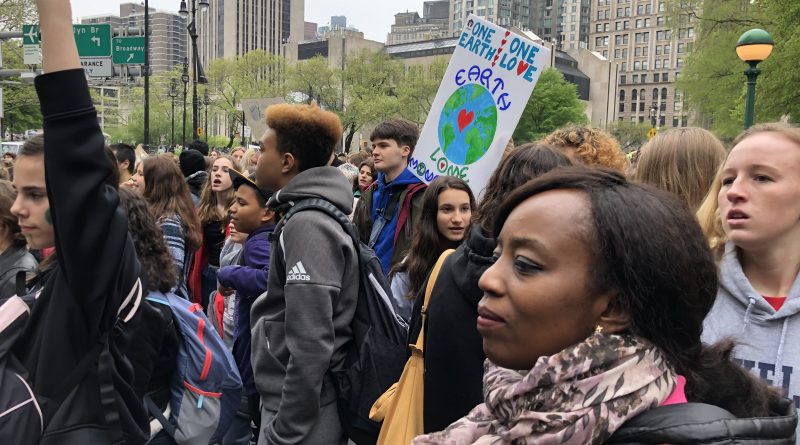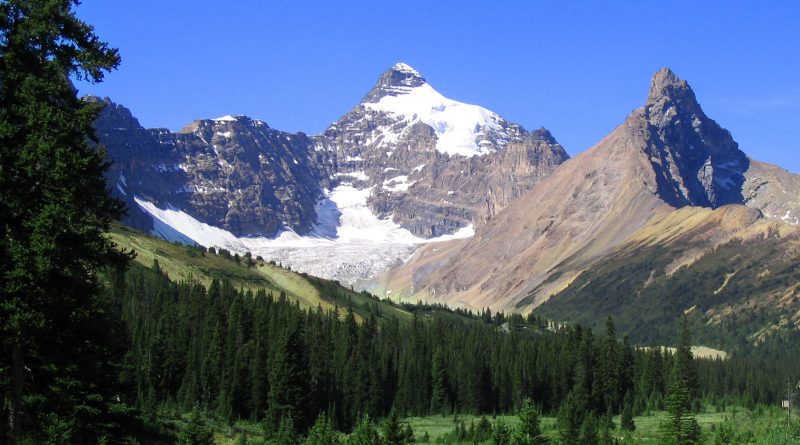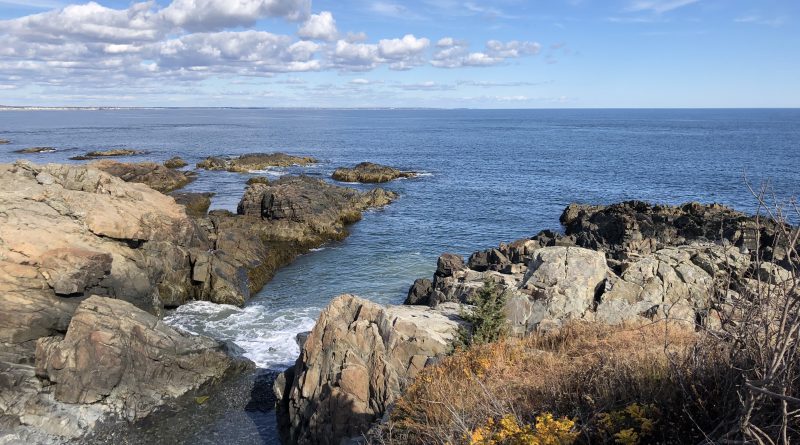A Useful Idea with Practical Implications
One of the most useful concepts I’ve encountered in working with people and organizations is the concept of “distress patterns.” While distress patterns themselves are generally harmful and can interfere with individual relationships and with organizations–including groups tackling racism and climate change–understanding them is potentially transformative. Here is an introduction.
You may have noticed that people often respond to life in repetitive ways, that is to say there are patterns in their thinking, feelings and behavior. Some people frequently feel discouraged; some are always trying to take care of other people; some tend to feel victimized; some frequently try to dominate other people or situations; and many of us feel that we are essentially on our own and no one really understands us.
There are many ways that psychologists, therapists, and people in general think about these issues. Many approaches contain ideas that people have found helpful. I find the concept of distress patterns distinctive its power to explain people’s behavior and in its potential to help people and groups move forward.
At our best, we humans are flexible, creative, and smart; we like other people; and we are glad to be alive. We think and function in ways that fit the present situation, connect us with other people, and contribute to advancing the goals we care most about. When distress patterns occupy our minds ….
Read more